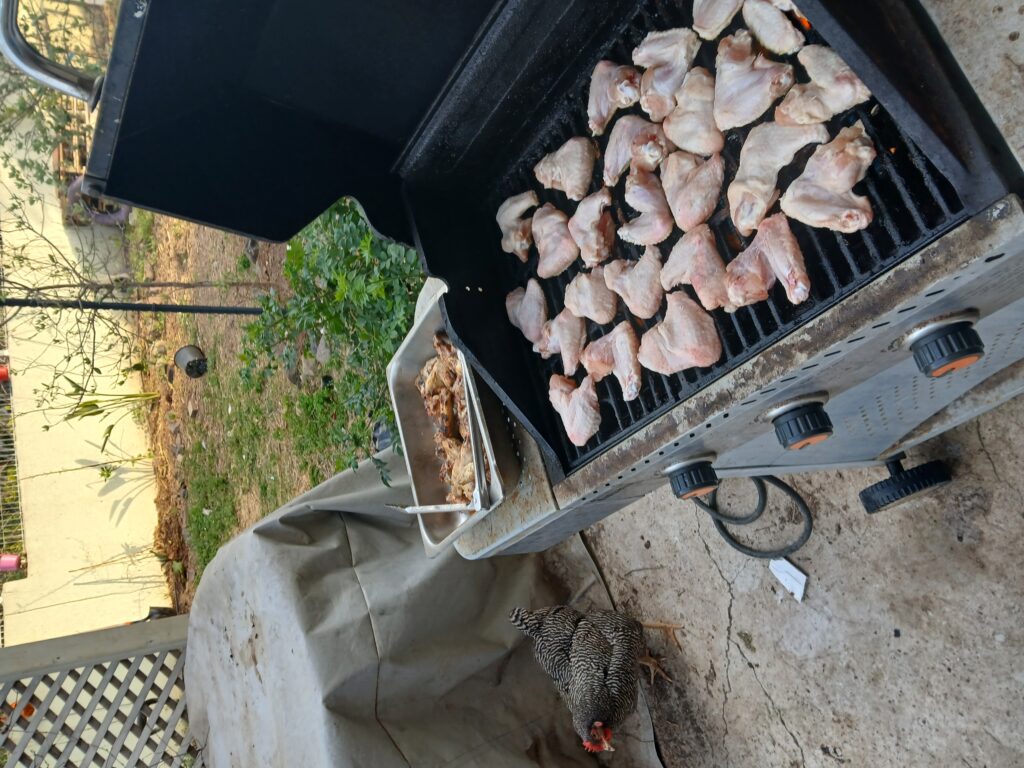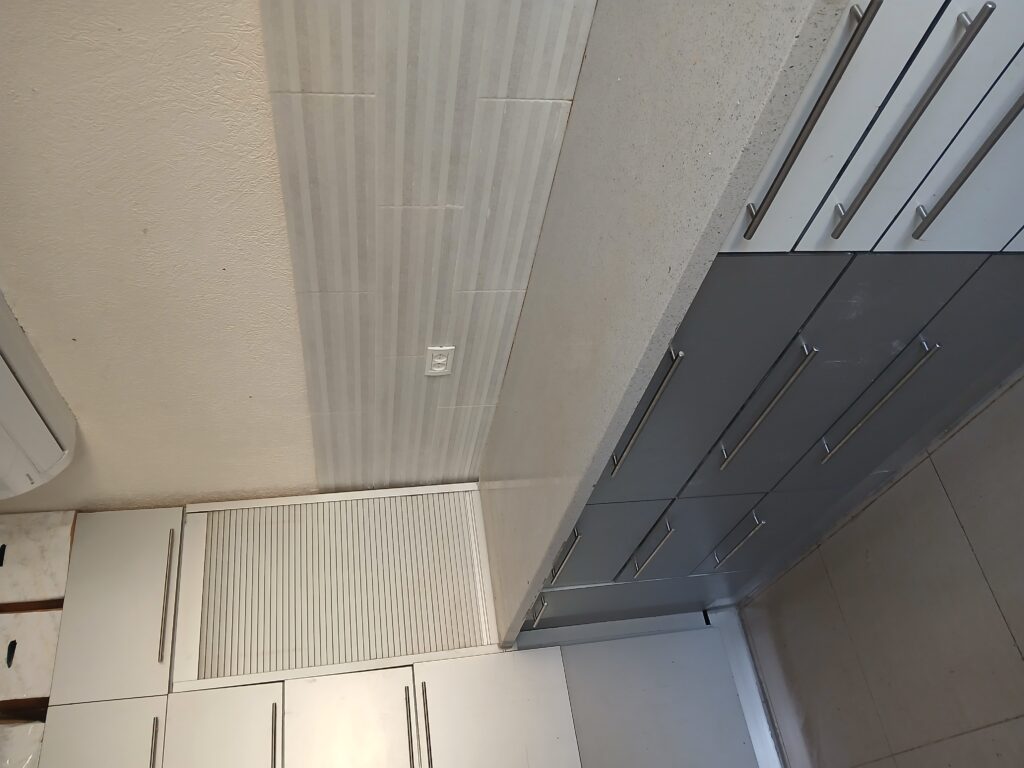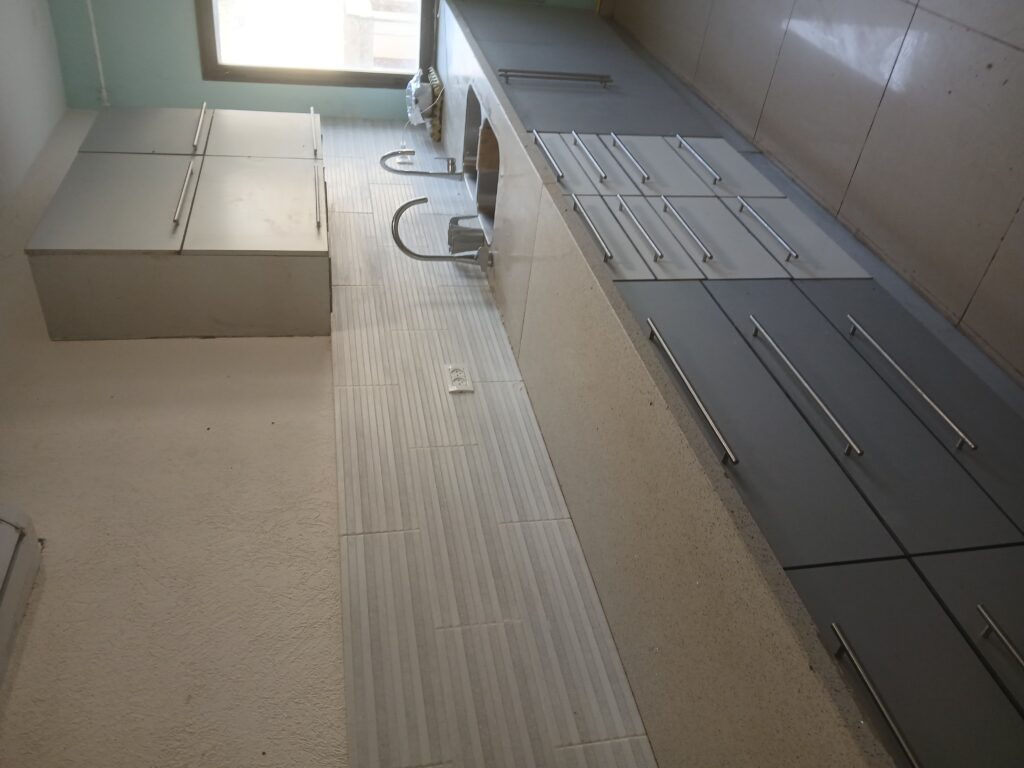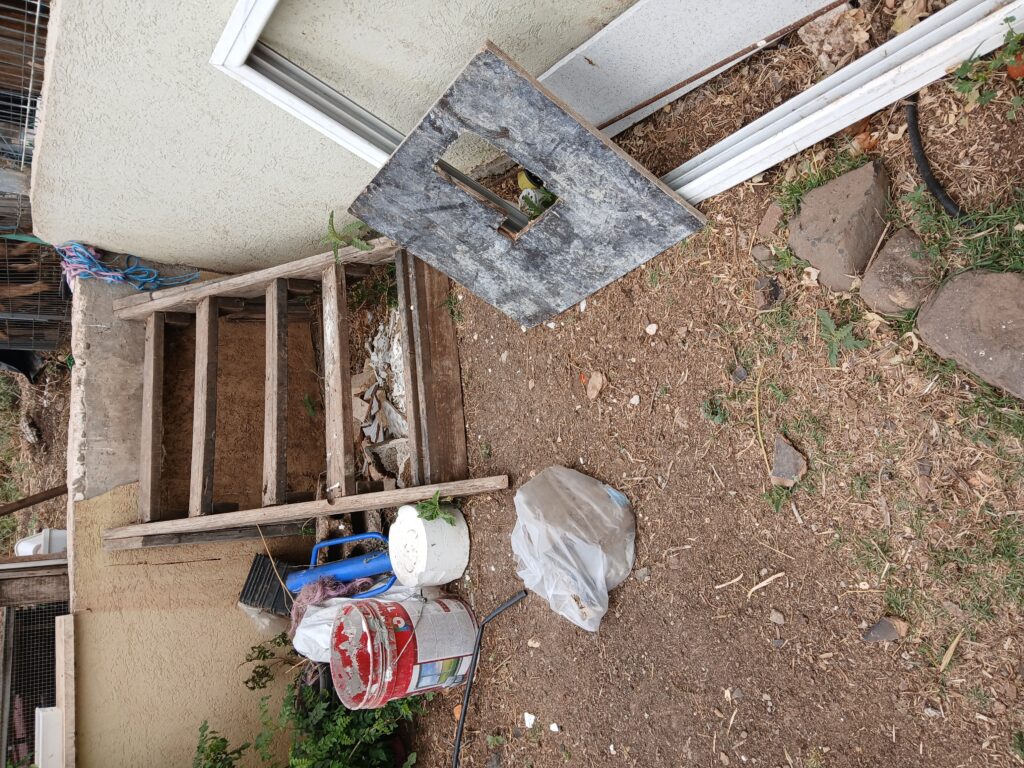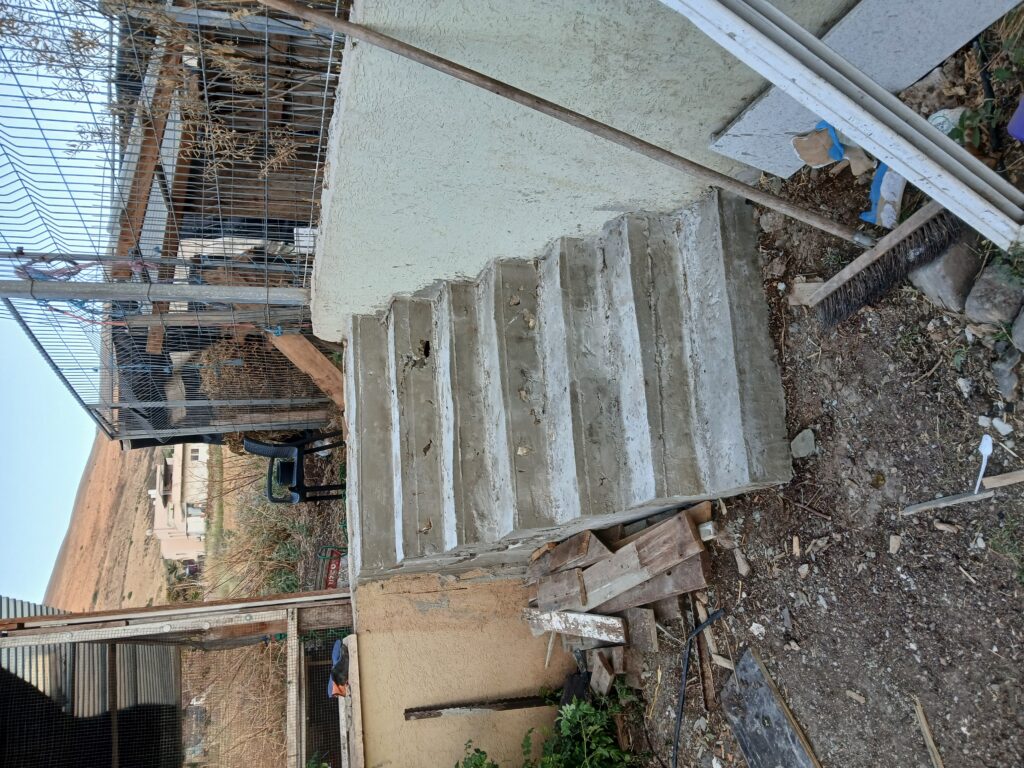Sorry I haven’t written for a while – I’ve been swamped. Actually, the thought that usually comes to mind is, “I’m drowning” or “I’m choking”.
I don’t like to drag others down and I don’t want to complain, and I’ve been so busy that staying quiet has been easy. But I am so, so maxxed out by the foster care system, so much that despite being a pretty high capacity person, a few times a week I think to myself, “I can’t do this anymore, it’s too much.”
And every time, I remind myself to stay in the moment. Take the next step today and don’t think about what needs to be done tomorrow. Take a breath.
And I breathe. But it’s hard. It’s hard not to feel resentful and trapped that when I agreed to have the twins join our family, I unknowingly took on a full-time job as an overworked, completely unappreciated employee of social/foster care services. I hate it. I really do.
Not the kids. Taking care of them can be challenging but that’s in my skillset and that’s something that I value.
Taking care of things for people who themselves don’t even care if they’re done, other than to put a check mark next to a list, so it looks like they’ve done their jobs when it comes to the yearly committee…it’s sucking my precious life energy away for nothing.
Before the twins came, I asked detailed questions regarding what would it entail. I take my commitments seriously and I wanted to be sure it was something I could do and maintain the balance in our family life. I verified and reverified what would I need to do.
There’s nothing about what I was told that was accurate – not one thing. Everything has been more and more and more. But you know, that’s how life is – things change and you need to adapt. Obviously everything can’t be predicted. When I told our social worker months ago that the demands have become too much, the response was, you don’t have to keep the kids if you can’t do it. Not, let’s talk about our demands on you and reassess if they’re necessary or realistic. So I don’t talk about it anymore. There doesn’t seem to be any point.
I’m careful about what I put into my schedule because I like to have margin in my life, and we said yes to the twins after my husband and I agreed to clear some really big things from our lives to make room for them. That was good.
But because what I need to do takes so much more time than expected, for months I’ve been removing things that are important to me (nothing unimportant is left) in an attempt to create some breathing room.
Months ago I cancelled horseback riding lessons for all four kids. This was a loss for them all but especially a shame for ds12, who amazed the instructor at how quickly he picked it up.
Then life was still too full so I took out the weekly private speech therapy for ds12 and ds8. I was quite invested in that, but once I had to do weekly visitations and the location was changed to an hour drive away, something had to give and of course it couldn’t be something the foster care system wanted. So speech therapy was cut.
Then I took out the orthodontic appointments for ds12 for palate expansion, despite paying 16,000 shekels and not yet seeing results. I asked for a six month breather, and we’ll see if I can recommit to taking ds12 regularly at that point. I think I’m going to ask for a year long extension.
Ds8 has been asking since last year’s lessons about swimming lessons for this year, but even though it means so much to him and I’d told him I’d try to sign him up, after calling about details he won’t be able to participate – it conflicts with the weekly visitation for the twins with their parents. On one hand it’s good because then I don’t have to take him, but on the other hand it’s very disappointing, because I can’t take him…
Ds8 and ds12 both get home at 2 pm. I’ve always been happy with this since I want them to have time at home to decompress and be together with me and each other. But it’s too much having all four children at home every afternoon; ds12 is at a different stage than the other three kids so it’s boring for him at home and is constantly leaving the house to go other places (usually without my knowledge or agreement). It will be helpful if he can stay at school for the afternoon program and recently he’s even requested it himself (in the past he wouldn’t have been able to deal with the long day at school). It’s not my ideal but I need to do what I can to make life manageable.
Ds7 and dd7 were supposed to be in special ed, which would have meant they came home much later in the day, there would have been an option for an afternoon program, pre-holiday camps, and summer camps. They are in regular schools so none of those are options. I know if you live in a city that it’s hard to imagine, but living where we live, there are no alternate options for them. Nothing.
For those to whom it’s obvious that we need to get some outside help: I know that. I would love help. I’m not a martyr and I recognize when something is stretching me too much.
There are no community resources for assistance. There are no volunteers, there are no chesed organizations. There’s a serious manpower shortage where I live. There aren’t even teens available to come to our home for pay while I’m home, so that the full responsibility isn’t on them. I’m dreaming of finding someone to stay with the four youngest kids since right now if I need to go somewhere when the kids are home, my husband takes off time from work to cover for me.
For the last two years, there has been absolutely no respite, other than my husband. The problem is, he also needs a break. He’s also feeling the strain.
There was a retreat for English speaking mothers of children with special needs that I’ve been looking forward to attending since I attended most of one two years ago. I wasn’t able to fully attend because the twins had just come a short time before. A couple of weeks ago I got a message that the next morning at ten registration was opening. Since I happened to wake up at 3 am and couldn’t back to sleep, I took a nap and went to register as soon as I woke up at 12:30.
When I saw the message on the screen that it was sold out, I burst into tears. It was so painful for me, that no matter how much I need help, I can’t get any relief. Crying about something like this is far from my typical response. I generally have a philosophical attitude of, “If it was meant to be, it would be, and if it’s not, it’s not, so it’s all as it’s meant to be” but this time, I couldn’t even try to reassure myself with that. My response was so unusual that it clearly demonstrated me how little emotional margin I have left.
One of my married children asked me if I’m busier than when I was homeschooling, and was surprised that I said I feel busier now than when I had nine kids homeschooling at once. Though it was a very busy stage of life and sometimes was hard, I was doing something that I valued and wanted to be doing. I had agency, I was the one who made my schedule and I could change what I wanted if something wasn’t working. Now it’s exactly the opposite situation, and it feels oppressive.
So I’m in the place that I know I’m doing too much, I don’t want to do it, and I don’t know where I can cut back anymore.
If it was a job, I’d have quit a long time ago. But it’s not a job, and there are two children who trust and love me whose lives are involved. I can’t just cut them loose.
I had a meeting this week with the foster care advocate in preparation for the upcoming committee meeting, and at the end some of my feelings about this came up. She will be attending the meeting and wants to bring up how much is being asked of me without consideration of the price it’s demanding. I’ll be meeting with her again next week to discuss it further. I’m reluctant to have any hope in help from that quarter, because I’ve been repeatedly disappointed and frustrated. But who knows, maybe something helpful will come from it.
Practically speaking, I’ve called someone about helping with housework a couple of hours a day – I think that’s easier to find than someone to help with the kids, and that would also take something off my plate. I’m waiting for her to get back to me to work out specifics of what she has time for. I’ve also called a company that places assistants for kids, and asked them to see if they have anyone in my area that has available hours. They’re checking it out and will get back to me. And tomorrow, I’ll be going to open a file for ds12 so he can stay for the full school day.
In the meantime, I keep seeking small ways to give myself some breathing space. Mostly right now the main thing I can do is choose thoughts that feel positive. It helps me a lot to keep my house in order, but being gone for meetings and appointments so often means that I’m just not home enough to do more than bare maintenance. Today was the only day this week that I didn’t have to drive anywhere, and it was such a relief to be able to stay home. I love being home!
I did some baking for Shavuos – I made chocolate chip cheesecake bars and lots of cheese babkas. It’s a mental relief to have them ready in the freezer, along with meat and chicken that I’ve also prepared for Shabbos and Shavuos. It’s also nice to have something concrete to show for the time I’ve invested.
Sometimes I think of the story of the man who was in Siberia and tasked every day with turning a large handle that was attached to a brick wall. For years, he wondered what his work was accomplishing – maybe he was grinding wheat?
When he was finally freed, he asked to see the other side of the wall to see what he had been working all for all those years. When he glimpsed the other side of the wall, there was nothing there – he was heartbroken to learn that all of his efforts had been turning a handle for no purpose at all.
That’s kind of how I feel about all that I’m busy with – so much effort with so little to show for it. So when I preserve something or bake something for the freezer, it’s a positive action that I can feel good about.
**Edited to add – I wrote this last night and my husband and I had an early morning appointment with dd7’s therapist. I talked about some of the things I’ve written here, and she asked permission to share them with our social worker. She said that we are the model foster parents with incredible abilities, and it’s deeply disturbing for her to see how worn down I am – the contrast is very obvious to her. She said that we shouldn’t have all of the things on us, that I’m dealing with an impossible load. It was validating to hear from her that it’s objectively impossible to do all that I’m doing, and it was also really nice to be able to be heard. So I’m feeling optimistic that perhaps some of the expectations that have been put on me will be shifted and there might be some help offered to offset. Even if they don’t offer help, I’m looking for avenues of help for myself and I’m sure someone or something is going to work out.**
Avivah
